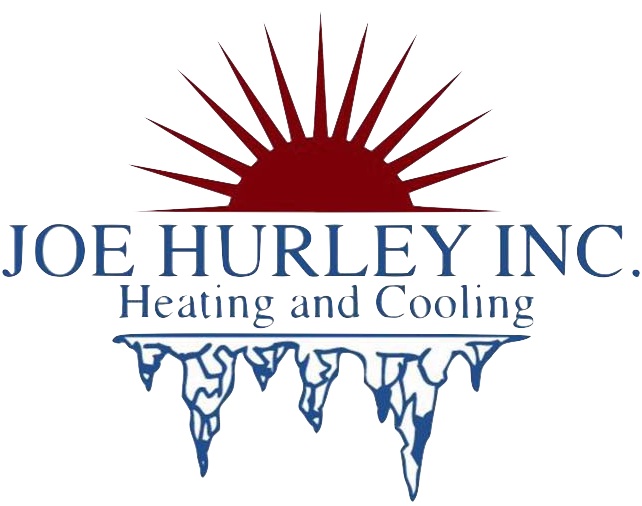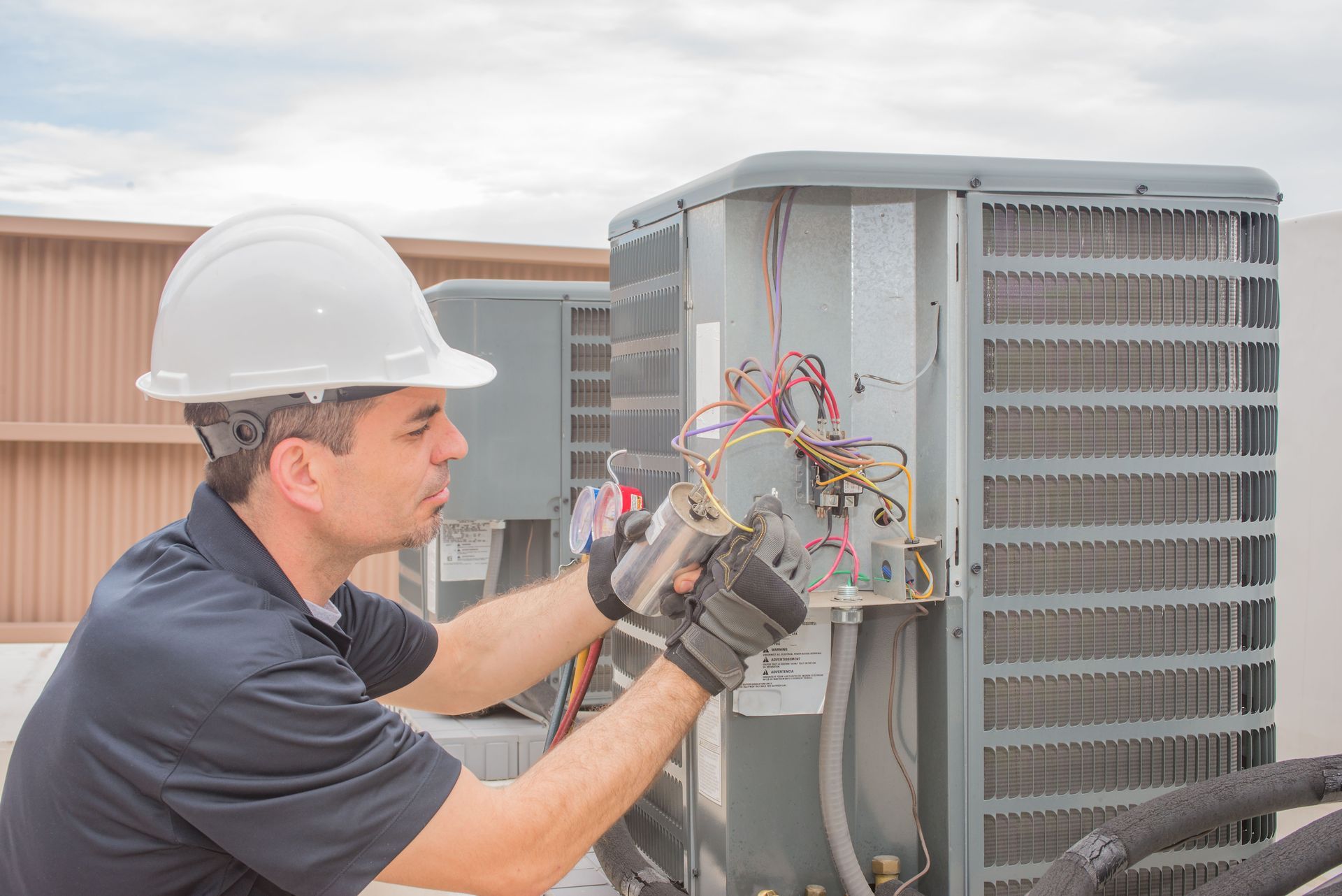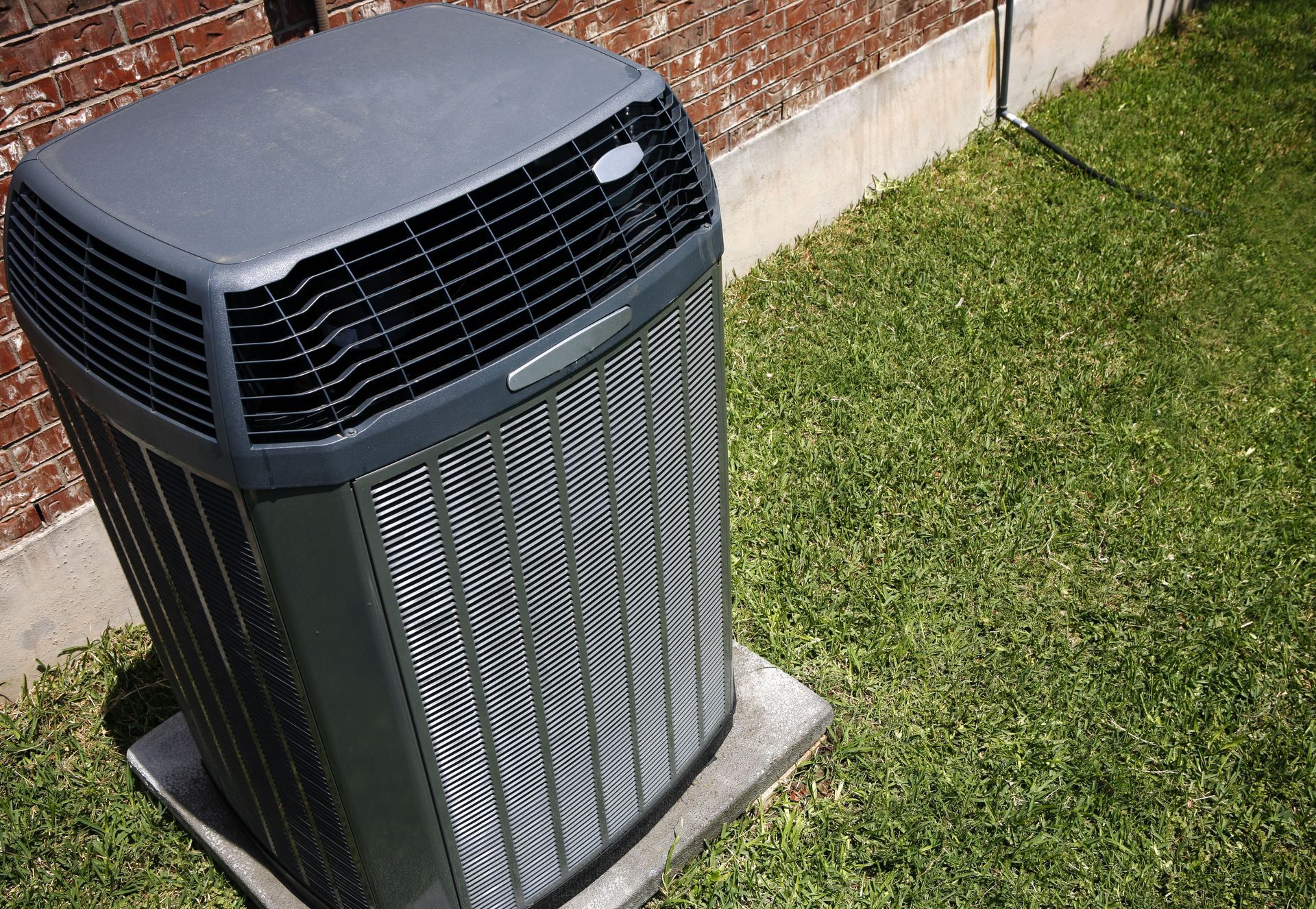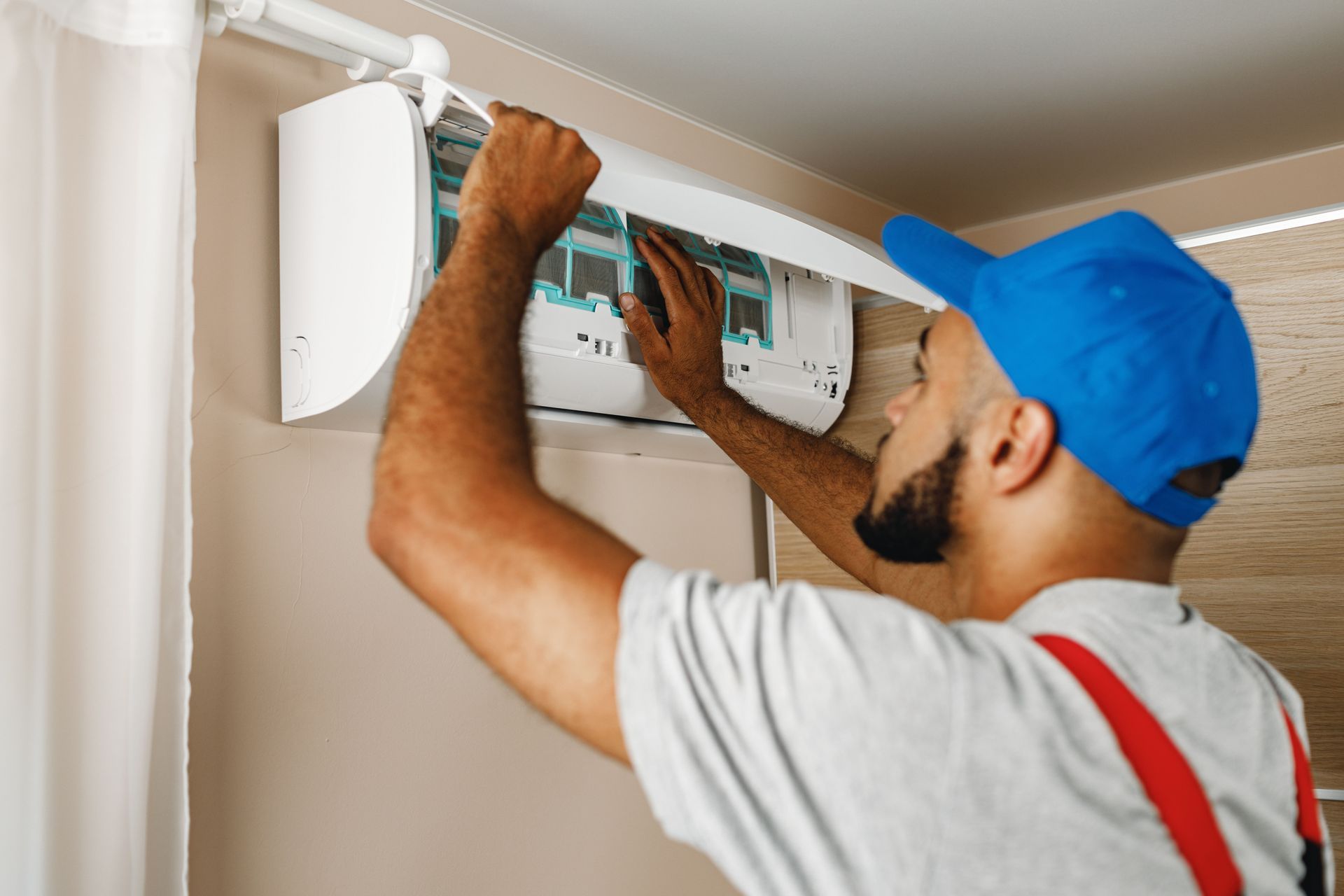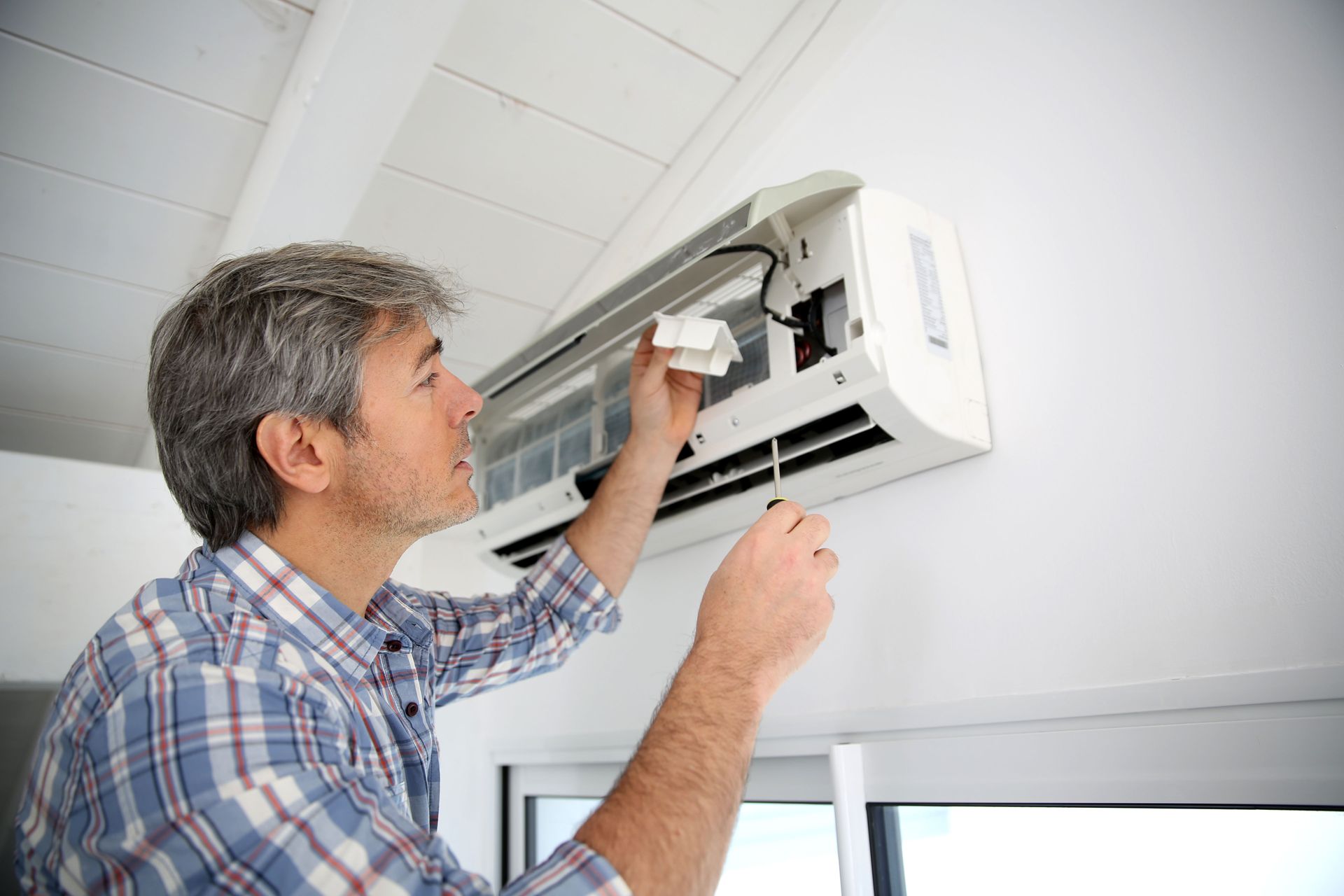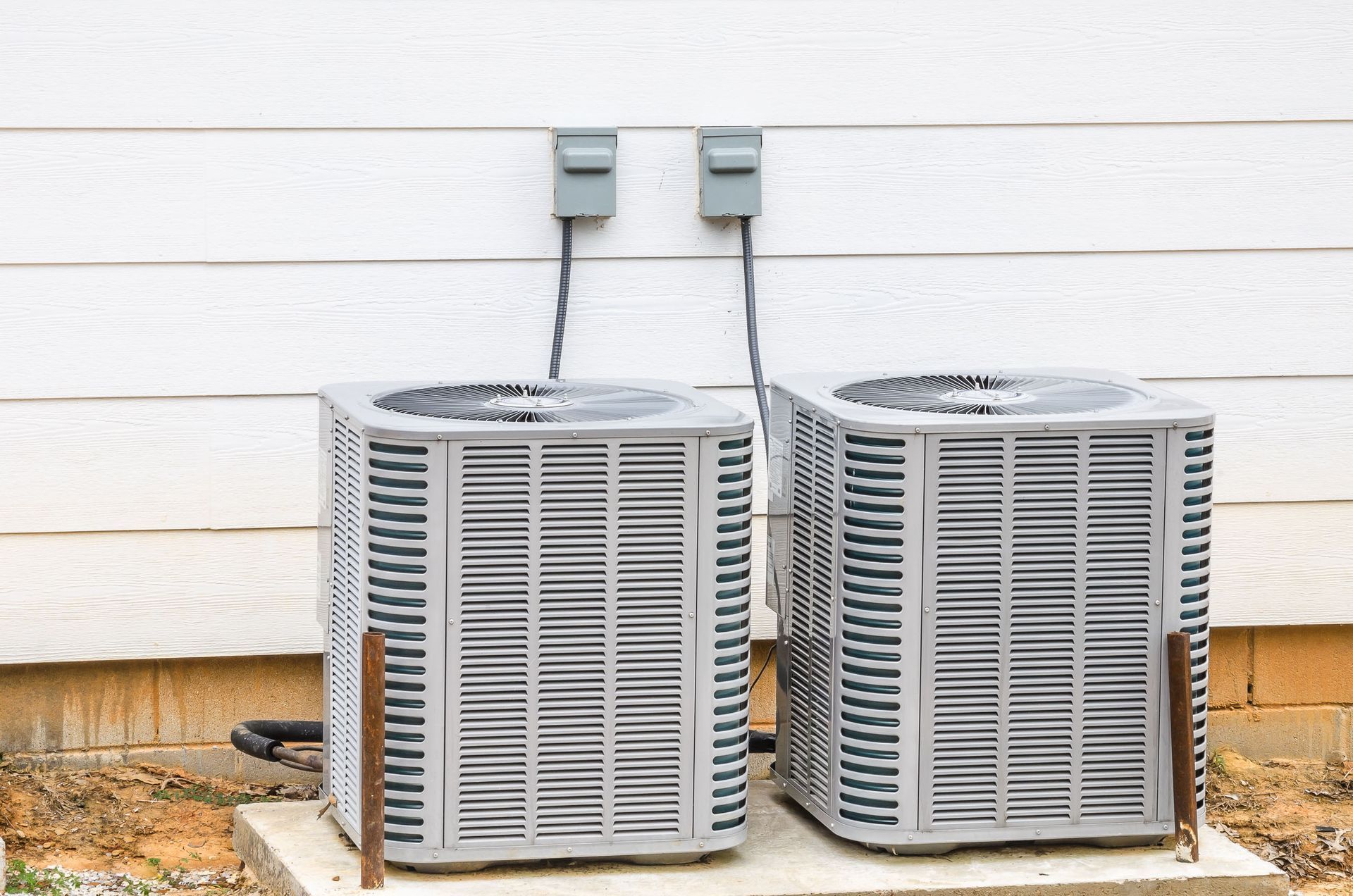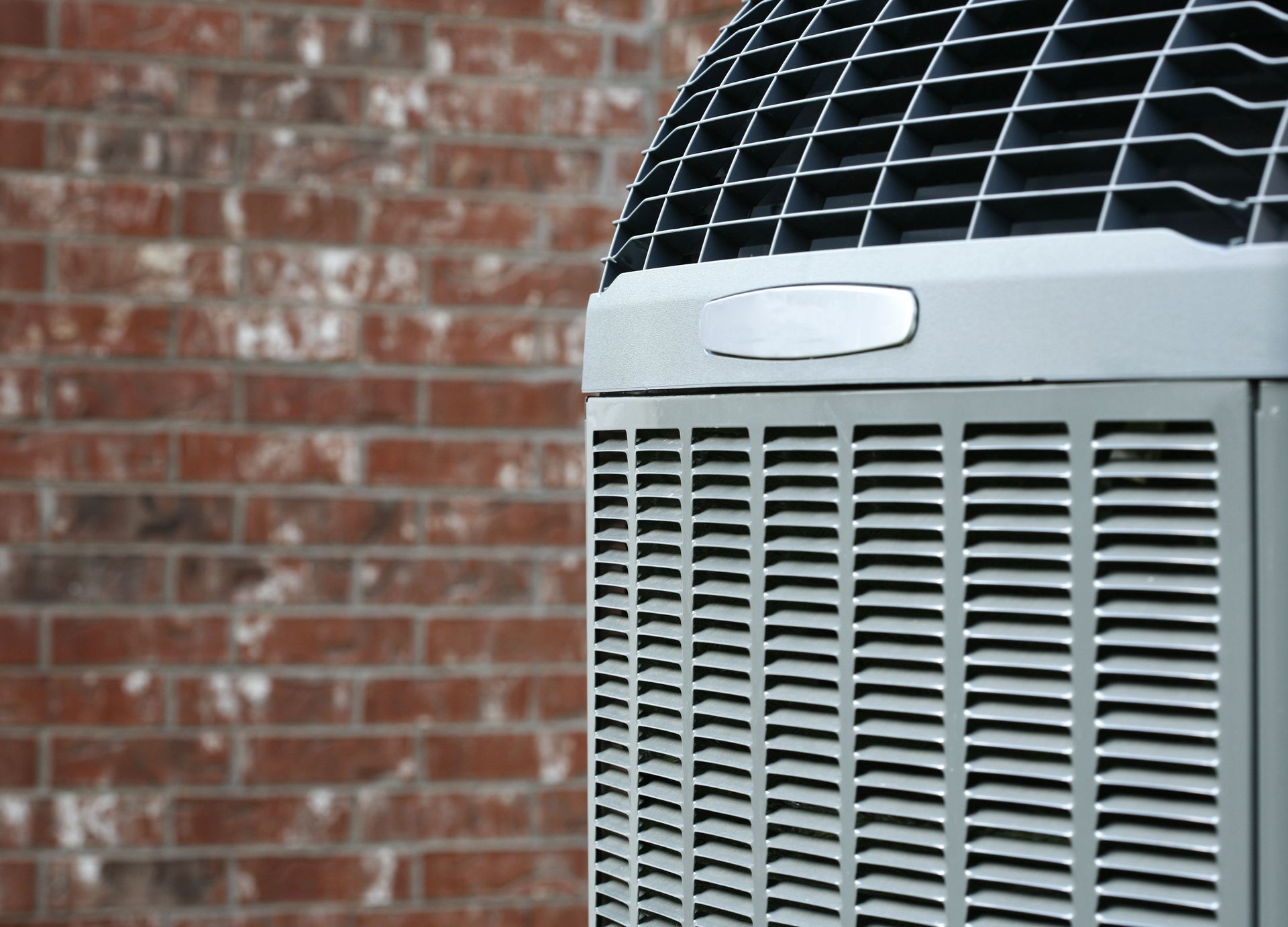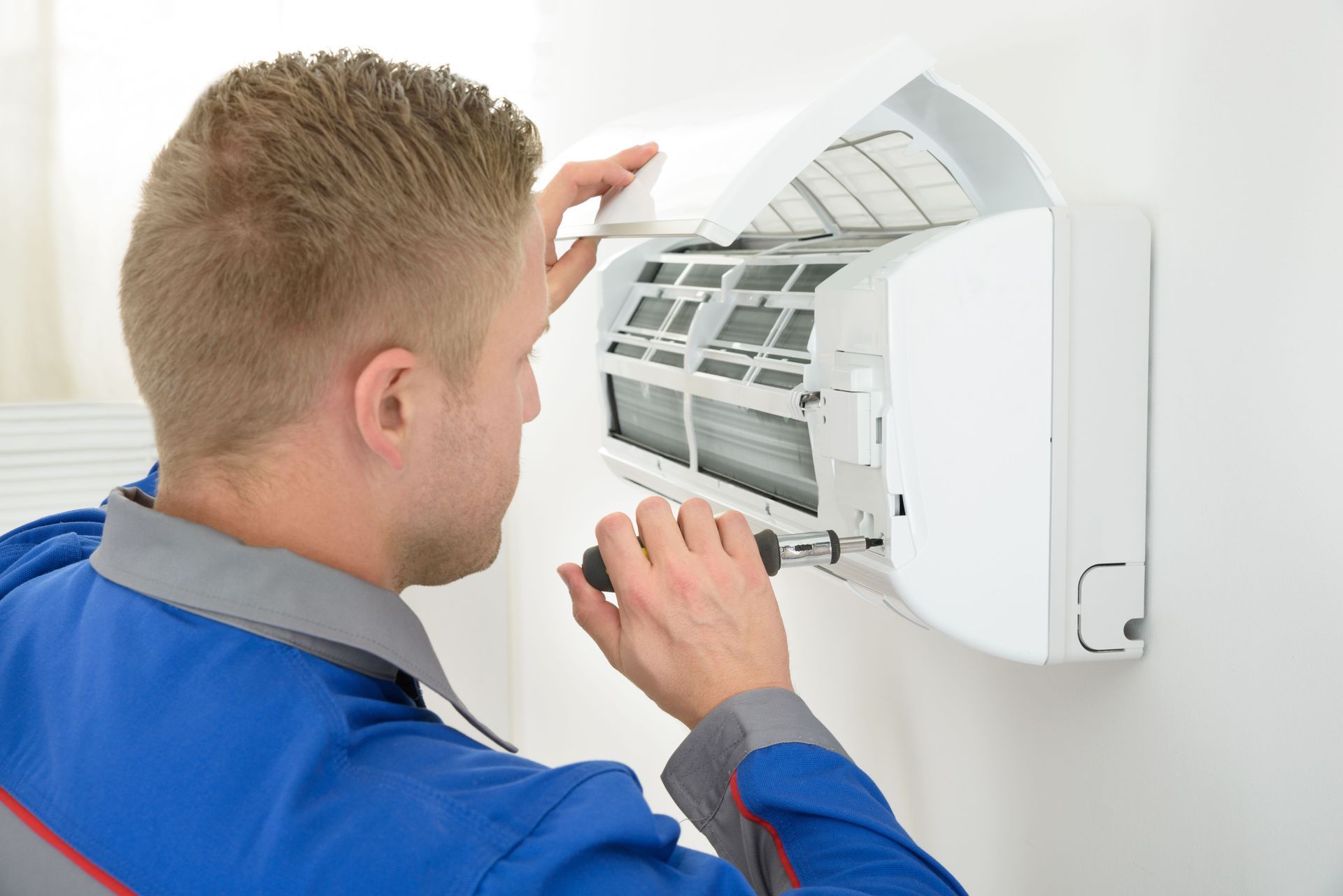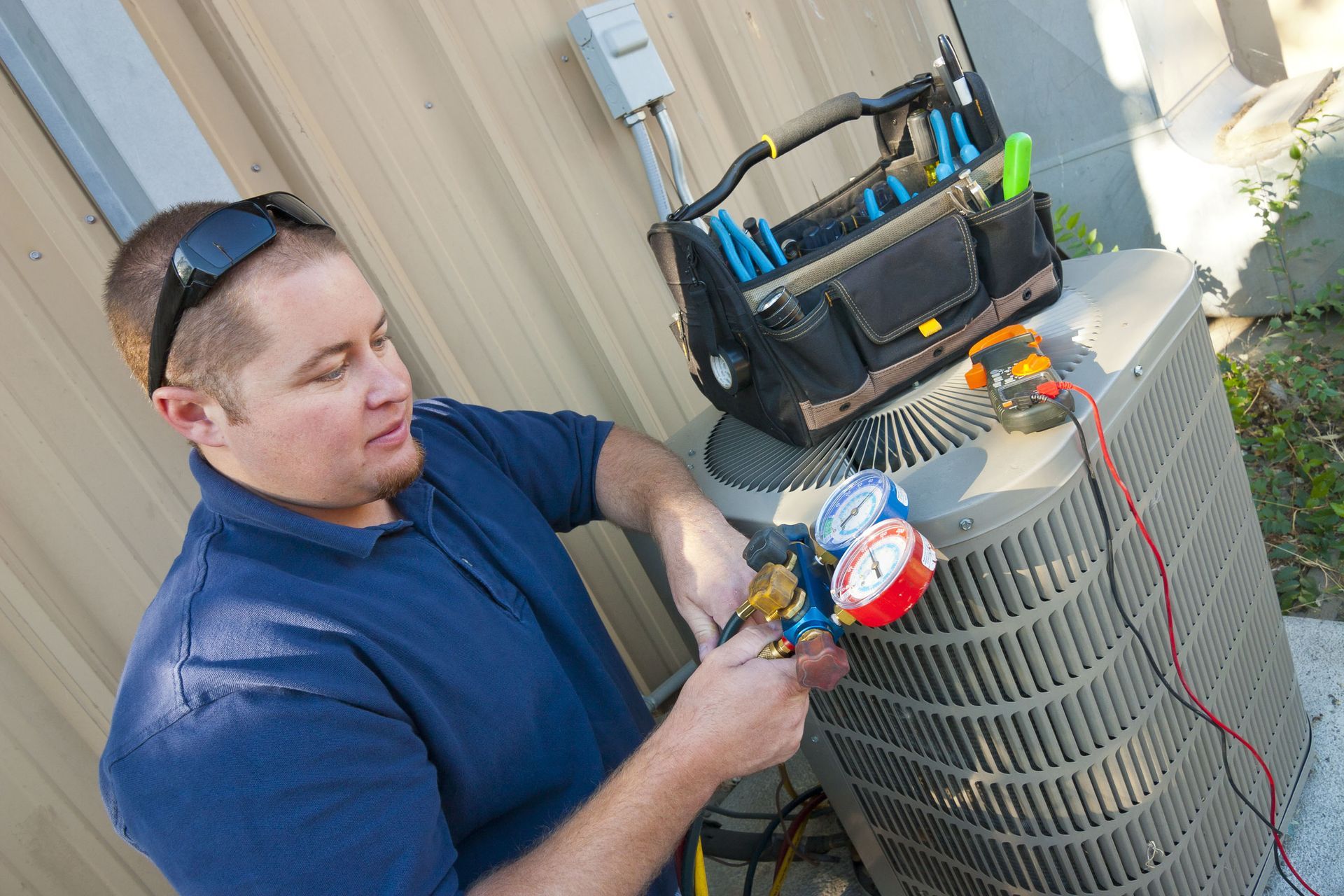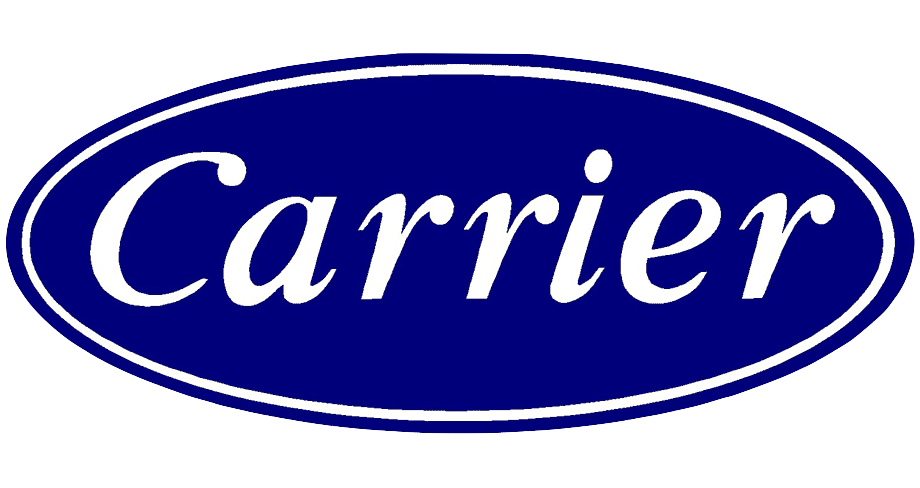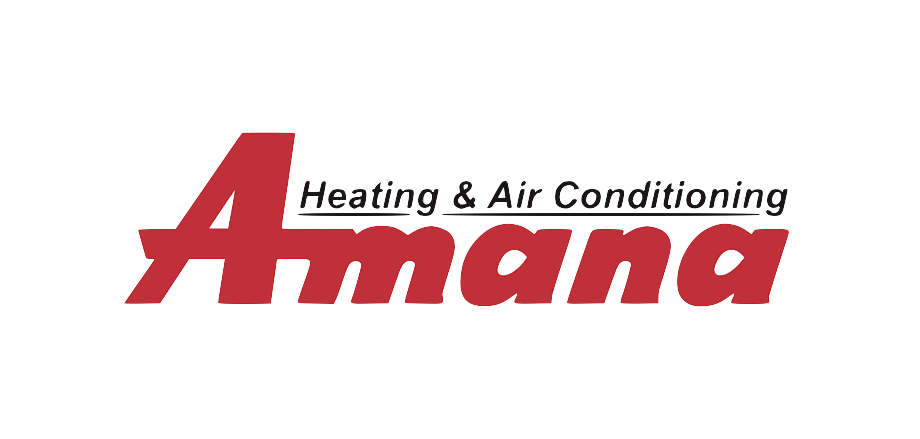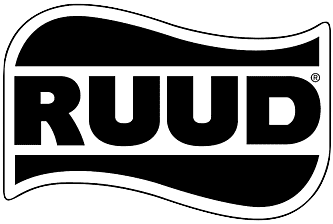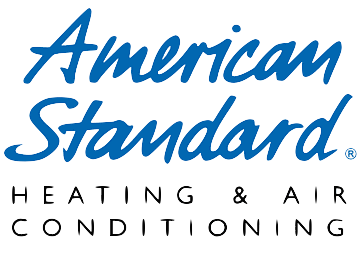Everything You Need to Know About HVAC Contracting for Your Peace of Mind
In today’s world, keeping indoor environments comfortable, safe, and efficient is more important than ever. HVAC contracting plays a crucial role in maintaining heating, ventilation, and air conditioning systems that support both residential and commercial spaces. Understanding the intricacies of HVAC services — from selecting a contractor to maintaining equipment — can save time, money, and stress. This guide explores essential aspects of HVAC contracting, including maintenance strategies, technological advancements, environmental considerations, and cost management, helping you make informed decisions about your HVAC systems. With these insights, you can ensure your systems operate at peak efficiency year-round.
Research Contractor Credentials
Choosing the right HVAC contractor begins with evaluating credentials. Certified professionals often hold credentials from organizations like NATE (North American Technician Excellence) and meet state or local licensing requirements. These certifications indicate knowledge of HVAC systems and adherence to industry standards. When considering a contractor, inquire about their experience with systems similar to yours. Understanding the contractor’s background ensures they are prepared to handle your HVAC needs efficiently and professionally.
Understand Quotes and Estimates
Getting a clear estimate from HVAC contractors prevents unexpected costs and ensures transparency. Quotes should outline labor, materials, and any associated fees. Comparing estimates from multiple contractors allows you to weigh costs against service value. While lower bids may seem appealing, quality, warranties, and the contractor’s approach to maintenance are equally important. Detailed estimates also help you budget effectively and plan for both short-term and long-term needs.
Evaluate Contractor Experience
Contractor experience often directly impacts the quality and speed of HVAC service. Experienced contractors are better equipped to solve complex problems, provide system recommendations, and comply with evolving regulations. For example, according to Lennox's Everything You Need to Know About the 2025 New Refrigerant Transition, starting January 1, 2025, new EPA regulations require HVAC manufacturers to switch to refrigerants with a Global Warming Potential (GWP) of 700 or less, phasing out older refrigerants like R-410A. Contractors familiar with these regulations can ensure systems remain compliant while maintaining efficiency.
Read Customer Reviews and Testimonials
Customer feedback provides insights into a contractor’s professionalism, timeliness, and problem-solving capabilities. Consistent positive reviews can highlight reliability, while attention to how a contractor handles negative feedback indicates commitment to client satisfaction. Checking multiple review sources helps create a balanced understanding of a contractor’s reputation, giving confidence in your HVAC contracting decision.
Explain HVAC System Components
A typical HVAC system includes a furnace or heating unit, air conditioner, thermostat, and ductwork. Additional components like filters, blowers, and vents contribute to airflow and air quality. Each element must function together to maintain consistent indoor conditions. Regular inspections and professional maintenance extend equipment life and maintain efficiency, highlighting the importance of ongoing HVAC contracting support.
Discuss the Role of Refrigerants
Refrigerants are essential for cooling by absorbing and releasing heat. According to Lennox's "Everything You Need to Know About the 2025 New Refrigerant Transition, Older refrigerants with high GWP, such as R-410A, are being phased out. Starting in 2025, the EPA mandates new refrigerants with a GWP of 700 or less. Understanding refrigerants ensures contractors can recommend compliant solutions while maintaining system efficiency and environmental responsibility.
Explore Different Types of HVAC Systems
Central air systems distribute conditioned air via ducts, making them ideal for larger spaces. Ductless mini-splits offer flexible installation for additions or smaller areas. Heat pumps provide energy-efficient heating and cooling by transferring heat rather than generating it. Selecting the right system depends on property size, layout, and climate. Experienced HVAC contractors can guide this choice to maximize efficiency and comfort.
Maximize Energy Efficiency With Ductless AC Systems
Ductless AC systems provide targeted cooling while reducing energy waste, making them an excellent choice for energy-conscious homes and businesses. These systems operate without traditional ductwork, avoiding the efficiency losses often associated with central air systems. High-efficiency ductless units use less electricity to maintain consistent comfort in individual zones. Pairing them with programmable or smart thermostats further optimizes energy usage by adjusting temperatures based on occupancy and daily routines. Regular maintenance, including filter cleaning and system inspections, ensures ductless AC units operate efficiently and reliably over the long-term.
Reduce Environmental Impact With HVAC Solutions
Modern HVAC systems influence the environment through energy consumption and refrigerant use. Using energy-efficient systems lowers carbon footprints. Staying aware of evolving environmental regulations and technological trends ensures your HVAC systems contribute to a cleaner, more efficient future.
Schedule Seasonal HVAC Check-Ups
Regular check-ups in spring and fall prepare systems for extreme temperatures. Technicians inspect equipment, clean components, and identify potential problems early. Seasonal inspections improve system longevity, energy efficiency, and reliability, reducing the likelihood of emergency repairs.
Offer Preventive Maintenance Plans
Preventive maintenance plans include scheduled inspections, priority service, and discounts on repairs and equipment. They catch minor issues before they become major problems, offering peace of mind and cost savings. Consistent maintenance ensures HVAC systems perform efficiently and safely over the long-term, which is especially important for businesses relying on commercial HVAC services.
Detect Signs Your HVAC System Needs Attention
Strange noises, uneven temperature distribution, rising energy bills, and poor air quality signal that a system requires attention. Prompt service prevents minor issues from escalating and prolongs system life. Early detection is an integral part of effective HVAC contracting strategies.
Troubleshoot Common HVAC Problems
Deal with Inconsistent Temperature: Uneven temperatures may result from blocked vents, dirty filters, or thermostat errors. Identifying and resolving these issues ensures consistent comfort.
Address Unusual Noises: Persistent rattling, squealing, or banging can indicate loose or worn components. Addressing these issues early prevents costly damage.
Resolve Air Quality Issues: Poor indoor air quality often stems from clogged filters, mold in ducts, or inadequate ventilation. Regular maintenance improves air quality and supports occupant health.
Fix Refrigerant Leaks: Leaks reduce efficiency and may involve high-GWP refrigerants. Timely professional repair protects performance and environmental safety.
Restore Adequate Airflow: Obstructions in ductwork or degraded insulation can restrict airflow. Professional assessment ensures even temperature distribution and system efficiency.
Integrate Innovations and Trends With HVAC Technology
Install Smart Thermostats: These devices enable remote control, learn household routines, and optimize energy usage.
Upgrade Energy Efficient Systems: Innovations like variable-speed motors and advanced heat exchangers maximize efficiency while reducing energy consumption.
Prepare for Future HVAC Technologies: AI, machine learning, and nanotechnology are shaping predictive maintenance, advanced filtration, and system optimization.
Manage Costs Effectively With HVAC Contracting
Understand Project Bids: Transparent bids outline labor, materials, and fees, helping you compare services and negotiate fair pricing.
Budget for HVAC Upgrades: Consider efficiency gains, potential energy savings, and incentive programs when planning upgrades.
Explore Financing Solutions: Loans, leases, and energy rebates can ease the upfront cost of efficient systems.
Evaluate Long-Term Savings: High-efficiency systems may have higher initial costs but deliver significant utility savings and longer service life, supporting financial sustainability.
HVAC contracting is essential for maintaining safe, comfortable, and efficient indoor environments. Understanding system components, maintenance requirements, emerging technologies, and regulatory changes empowers homeowners and businesses to make informed decisions. By implementing preventive maintenance, adopting energy-efficient solutions, and staying current with environmental standards, you can maximize both short-term and long-term system performance. At Joe Hurley Inc, we are committed to helping our clients maintain optimal HVAC systems. Contact us today to schedule service or explore our maintenance plans and commercial HVAC solutions to ensure lasting comfort and efficiency.
